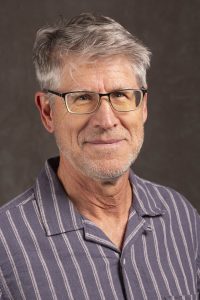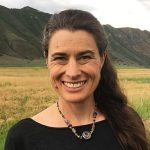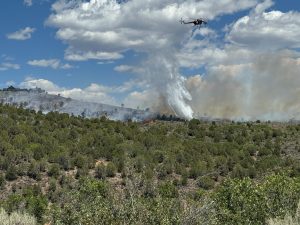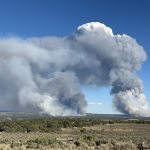LIFT-UP column: As government steps back, we must look after our own
LIFT-UP
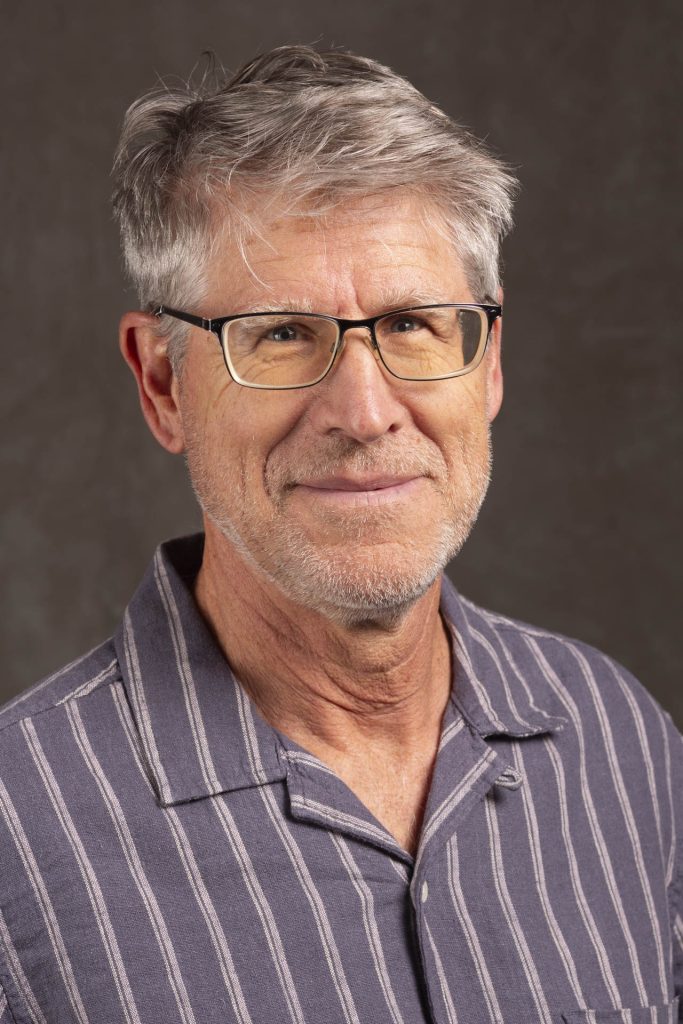
Courtesy
Our valley is a land of stark contrasts, with great wealth coexisting with near-poverty. While many among us enjoy unprecedented luxury, thousands of families and individuals from Parachute to Aspen struggle from paycheck to paycheck.
Recent federal policy changes will make life even harder for the people who keep the engine of our local economy humming. As government steps back, local governments, nonprofits and the compassionate people who support them will have to step up to fill the gap.
A significant portion of our population lives on the margins. About a third of households in the region currently live below the ALICE (Asset Limited, Income Constrained, Employed) threshold, meaning they earn less than the basic cost of living for the county. Some are unable to work, such as seniors, full-time caregivers and the disabled, but most are active members of the workforce. They’re the people who change our oil, mow our lawns, look after our children, nudge us onto ski lifts.
This shouldn’t come as a surprise. Everyone knows that the cost of living – driven by the cost of housing – is exceptionally high here, and wages generally aren’t commensurate. Less well known is that an increasing number of people that we routinely interact with rely on a social safety net that is under great strain.
I work at LIFT-UP, a nonprofit that provides supplemental food to those in need from Parachute to Aspen.
The number of people using food pantries serves as an indicator of how people are faring (or not) in the local economy, and our data shows an alarming trend. Visits to our brick-and-mortar pantries increased 120% between 2022 and 2024, and if you include our drive-through sites the increase was more like 200%.
Other human services agencies are also seeing rising demand, and they’re bracing for more. Their anxiety was palpable at the recent quarterly meeting of the West Mountain Regional Health Alliance, a forum for health care, mental health and food security organizations in our three-county area.
The chief worry for everyone in attendance: the massive federal budget reconciliation bill (aka the One Big Beautiful Bill) that was signed into law on July 4.
The legislation is a double whammy for those who are already most at risk. The Urban Institute estimates that 298,000 Coloradans will lose some or all of their SNAP food benefits. Additionally, 168,000 Colorado residents, including older adults and children, will be at risk of losing their Medicaid benefits due to expanded work requirements.
Extrapolating from those numbers, about 5,000 of our neighbors in the Aspen-Parachute corridor will face further economic hardship in the coming years as a result of the cuts to just those two programs. Meanwhile, funding to the states will be reduced and, in the case of Colorado, which is staring at a big budget hole of its own, costs will probably be shifted to the counties.
The speakers at the regional health meeting stressed that they’ll do everything in their power to maintain services. But they used words like “scary,” “daunting” and “traumatic” to describe the budget cuts and other federal policy changes, and they wondered out loud what more they can do to raise the additional funds they’ll need.
Whether you think this is good or bad policy, it is the reality we’re living in. As a society, we’ve decided that the federal government is going to play a smaller role in providing a safety net, and that means charity will have to play a greater role. In keeping with the political philosophy now in ascendance, the responsibility for such services will be delegated to states and communities, which know best what they need and are willing to pay for.
I would like to think that this community’s response will be: challenge accepted. We will look after our own. We will ensure that no one here goes hungry or lacks for health care. We won’t let our neighbors fall through the cracks.
Empathy may be under attack in some quarters, but it’s alive and well here. We are a generous community that supports a host of nonprofits doing good and necessary work that, in turn, makes this a great place to live and brings out the best in us.
This is a moment in history when we are challenged to be our best selves and join in solidarity with those whose shoes we might be wearing if the cards had been shuffled differently. It’s an opportunity to put compassion into action and to strengthen the bonds of community.
You will likely be hearing more funding appeals from local social services nonprofits in the coming months and years. I hope you will give what you can, whether it’s money or time. The more of us who come together to provide support, the lighter the load will become and the better off we will all be.
Dave Reed is LIFT-UP’s development director.

Support Local Journalism

Support Local Journalism
Readers around Glenwood Springs and Garfield County make the Post Independent’s work possible. Your financial contribution supports our efforts to deliver quality, locally relevant journalism.
Now more than ever, your support is critical to help us keep our community informed about the evolving coronavirus pandemic and the impact it is having locally. Every contribution, however large or small, will make a difference.
Each donation will be used exclusively for the development and creation of increased news coverage.
